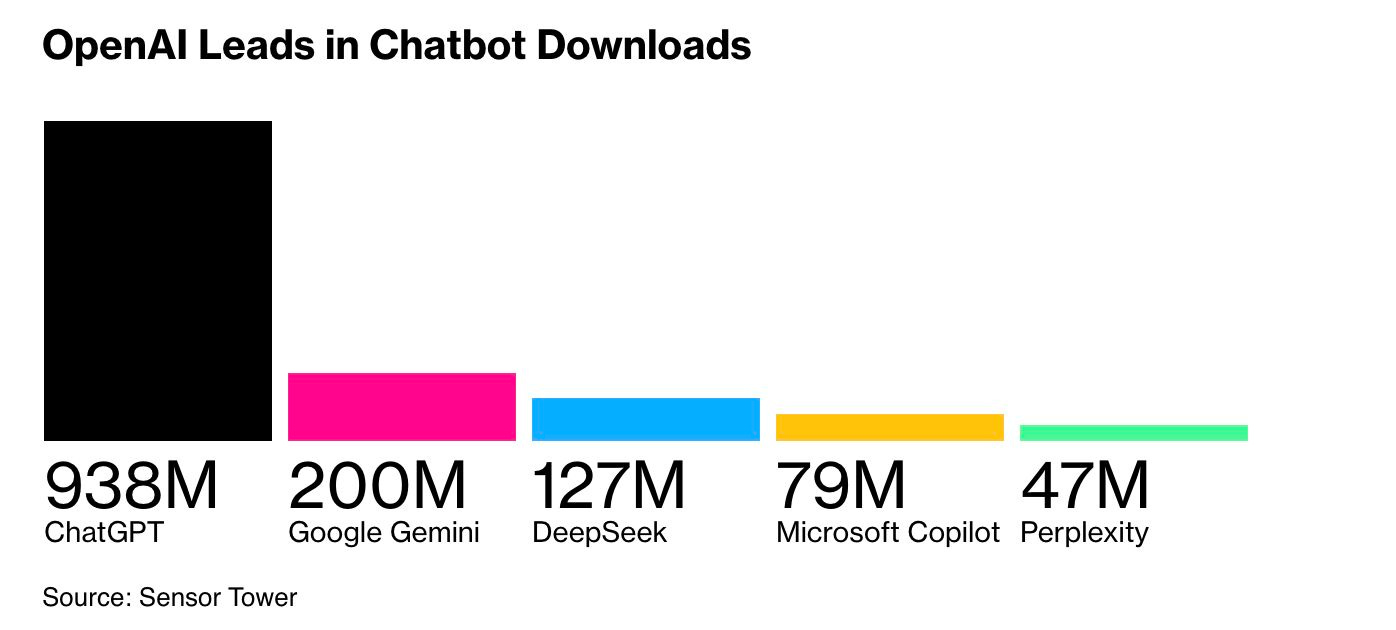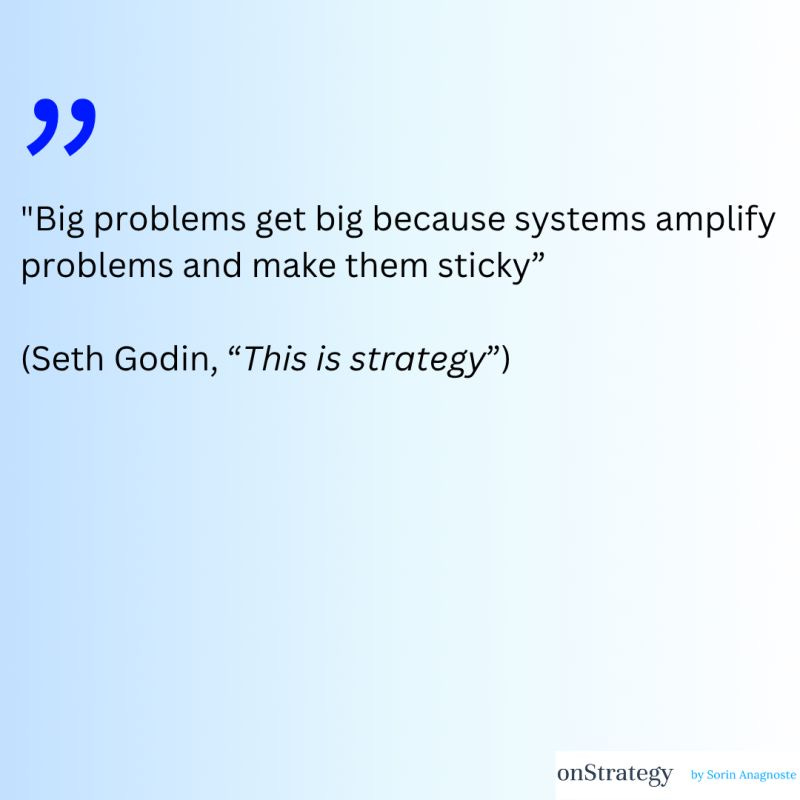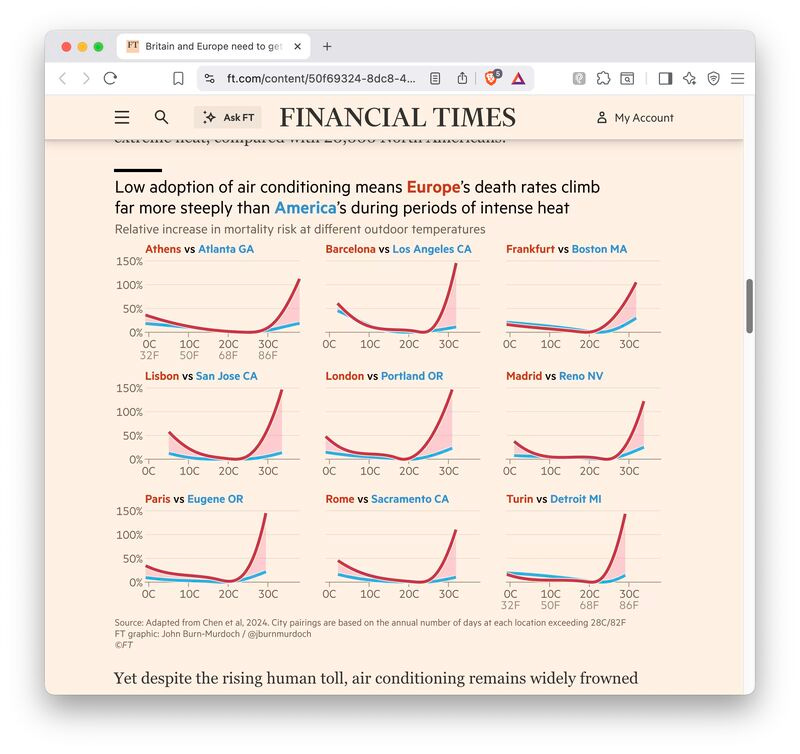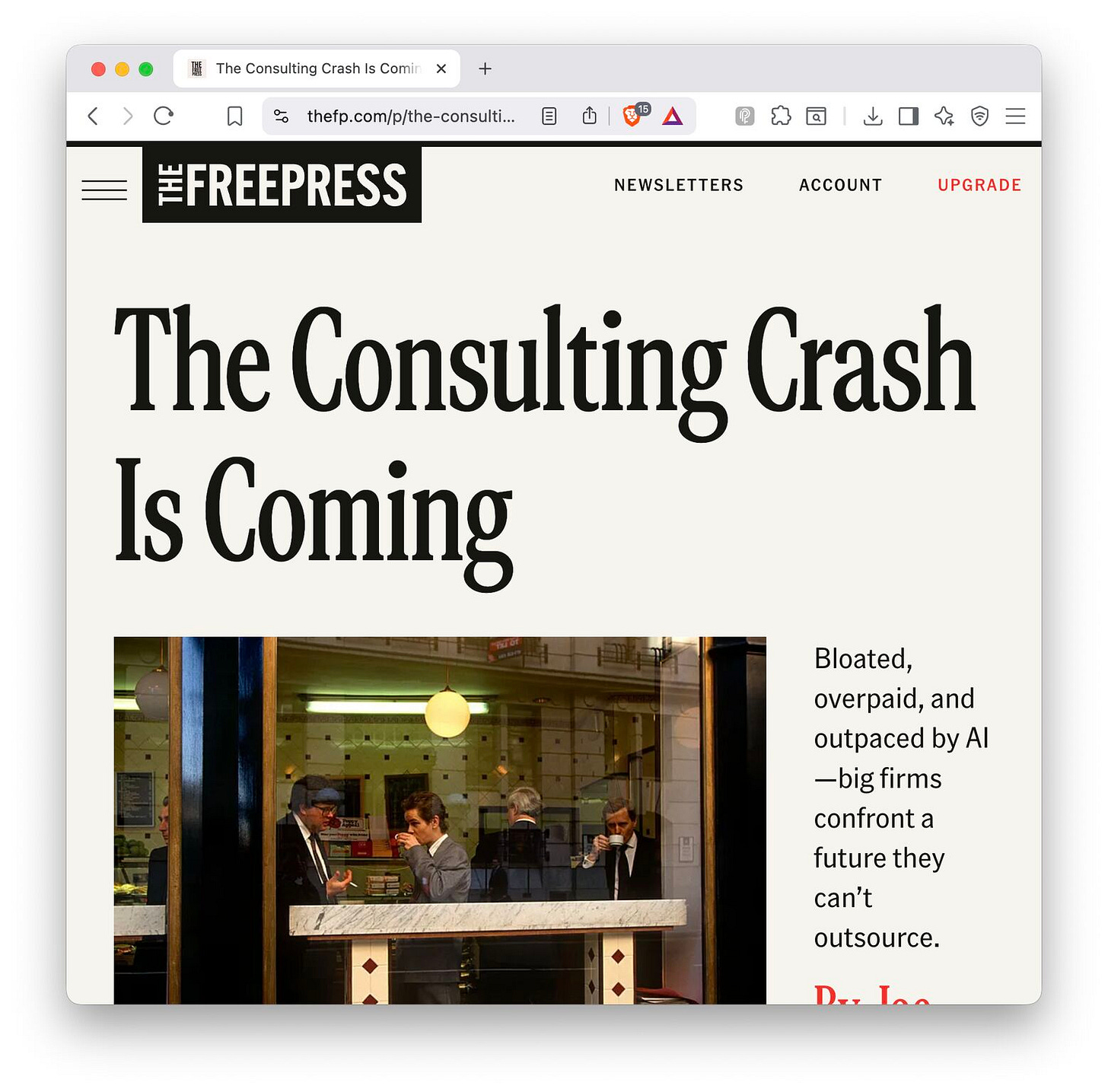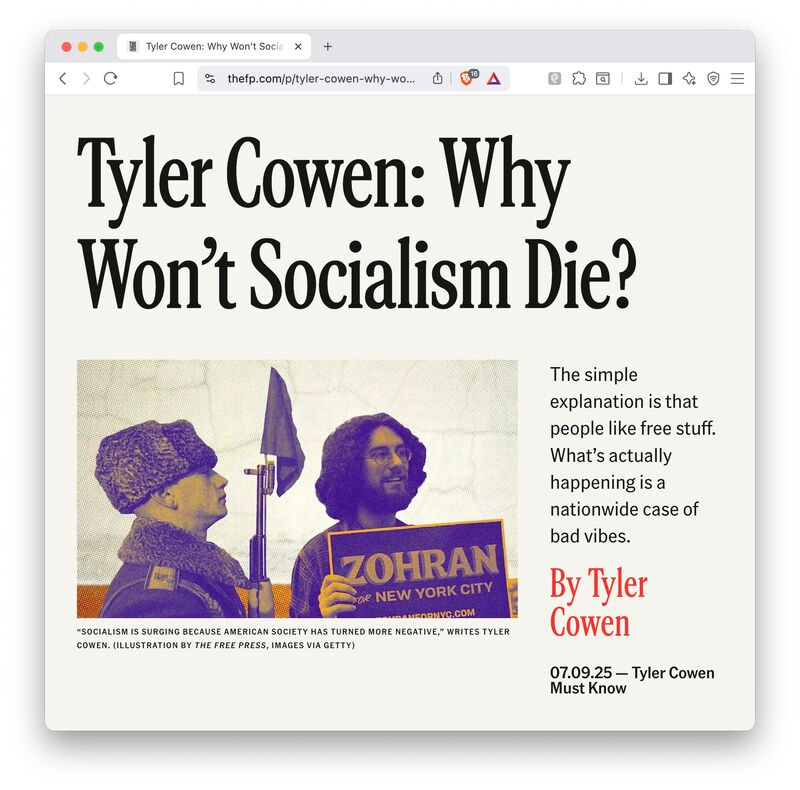(#135) How to do a turnaround for a company with < 1M USD in revenue
ChatGPT won the AI consumer spac
Thank you for being one of the +4,000 minds reading this newsletter
Here is what you’ll find in this edition:
[Essay]: How to do a turnaround for a company with < 1M USD in revenue
ChatGPT won the AI consumer space
Big problems aren’t born big, but they’re made big
Samsung cracked smartphone manufacturing
PRINCIPLE: If you hate Mondays, something’s broken
…and more 👇
Onto the update:
[Essay]: How to do a turnaround for a company with < 1M USD in revenue
Congratulations! You’ve taken over (or started) a small company that’s stuck, stalled, or sliding backward. Maybe revenue growth flatlined, customer churn increased, or you’re just buried under operational noise. Here’s the brutally practical playbook for turning things around in the AI era.
Step 1: Get real (with yourself and the team)
Companies under USD 1M in revenue rarely fail due to competition. They usually fail because founders deny reality.
Gather your team into one room (no Zoom!). No fluff, no motivational speeches, just put the real numbers on a screen:
Monthly revenue
Cash runway
Growth rate
Customer churn rate
Say this out loud: “If nothing changes, we won’t be here next year.”
Bring customer feedback, financial analysis, anything to give insights your team can digest.
Continue reading it HERE.
ChatGPT won the AI consumer space
It’s official: Microsoft has a vibes problem. And in 2025, that’s basically a product crisis.
On paper, Copilot is everywhere. It’s in Outlook, in Windows, even has its own key on the keyboard. But in real life? It’s where the Control key used to be and nobody meant to press it 🙃 Meanwhile, ChatGPT (Microsoft’s partner’s product) has 900 million downloads and counting. Which means the AI arms race is being won… by the guy Microsoft is funding.
I'd say that this is about affection. Culture. Default status. You accidentally open Copilot; you intentionally talk to ChatGPT. You download Gemini to check it out. You forget Copilot exists until it tries to adjust your volume and instead launches Bing. Microsoft spent tens of billions to build the AI future and somehow made itself a middle manager in someone else’s story.
So yes, this is a crisis. Not a cash crisis. A cool crisis. And in AI, cool is everything. LINK
Big problems aren’t born big, but they’re made big
How?
The way gossip becomes policy and a typo becomes law. What happens is: a problem arises, and then the system (any system, whether it’s a bureaucracy, a bank, or a CRM platform) doesn’t fix it. It processes it. It adds metadata, meetings, permissions, cross-functional alignment, and suddenly the thing is no longer a bug, it’s a.... stakeholder 😅
And once that happens, good luck. Because now it’s not just a problem, it’s someone’s job. And nobody wants their job deleted. So the problem becomes sticky. It accrues procedures, documentation, maybe a dashboard KPI. And by the time you try to unstick it, you realize you’re negotiating with the ecosystem, not solving a glitch.
That’s how small dumb things become giant intractable things: the system hugs them into permanence.
Samsung cracked smartphone manufacturing
If you’re Apple and the one thing you could always count on was that your hardware looked better, felt better (like luxury watches) and closed without a hinge gap, then this graph should give you a mild anxiety attack and by mild, I mean Tim Cook staring into the abyss of an 8.9 mm Samsung foldable 😬
For years, Apple’s unspoken strategy was: “Let the others play with folding toys while we perfect rectangles.” It worked because those toys looked like bricks with hinges. But now? Now the Galaxy Z Fold7 folds flatter than Apple’s excuses for not having a folding phone. From 17.1 mm to 8.9 mm in five years.
At some point, the company that used to make the future started shipping it two years late. You can only run on brand loyalty and blue bubbles for so long before everyone else catches up. Well, they caught up. Welcome to the Tim Cook (new) crisis era, which will last at least 3 years. LINK
Europe needs AC
Apparently, the secret to nation-building among free trade and liberal democracy....it’s air conditioning. Singapore knew this. Europe? Still debating whether a fan counts as climate betrayal. As John Burn-Murdoch from FT reports, Europe continues to treat A/C like foie gras: morally dubious, socially stratified and to be enjoyed only in luxury hotels or Frankfurt airports. Meanwhile, thousands die in heatwaves because the European continent thinks cool air is bourgeois.
Of course, the irony! Europe, the birthplace of Enlightenment rationalism, is now ideologically committed to sweating through 32°C nights in the name of climate virtue. Even as solar power peaks precisely when people need cooling most. Even as air-to-air heat pumps can do both heating and cooling, often cleaner than gas boilers. But no, A/C remains “taboo”....like putting ice in your wine.
AI is making everything cheaper, including energy systems, smart thermostats, and predictive demand models. The marginal cost of cool is falling. We are entering an era where the least rational thing you can do is suffer in the name of moral aesthetics. Europe doesn’t need fewer A/C units, it needs better ones, smarter grids, and the humility to admit that sweating isn’t a policy. It’s a design failure. LINK
Is there a way to 'short' consulting? 😅
Consulting, as Joe Nocera lays out, is essentially selling PowerPoint slides and the illusion of decisiveness. Historically, that illusion was expensive. McKinsey charged millions to tell Kraft not to smash Oreos in the box, Bain tried to quadruple cream cheese demand, and somewhere along the way, someone greenlit CNN+. Not to mention the rebranding of HBO (Max) 😅
But now AI can do most of this work, as I've written extensively, cheaper, faster, and with fewer spreadsheets being renamed "Final_v9_REALLYFINAL.pptx".
This is where it gets fun. Consulting firms, whose entire pricing model was “we bring smart people and take our sweet time,” now face clients with ChatGPT Enterprise asking, "Why does this take three months again?" .The grunt work is automated, the insights commoditized, and the C-suite no longer needs the Good Housekeeping seal of approval from top consultants to feel smart. AI has turned management consulting into the Blockbuster Video of knowledge work: expensive, bulky, and easily replaced with a subscription.
These firms are being forced into outcome-based contracts. Which is hilarious, because consulting was always the ultimate input-based hustle. Bill by the hour, deliver vibes. But now clients want results (= quantified, measured, and traceable).
So if AI is deflating the value of content, it’s vaporizing the value of "advice". The future of consulting isn’t death....it’s worse. It’s a slide deck that no one will read, priced at $0.00, generated in 7 seconds by Claude.
Socialism has 999 lives
Socialism, it turns out, is not really about redistribution anymore. You log on, feel bad, and tweet that billionaires shouldn’t exist. It’s less about Marx and more about Main Character Syndrome: if the system didn’t work out for you, surely it must be broken. And anyway, wouldn’t everything be better if it were free? (Except of course, the part where someone has to run the bus company, maintain the grocery supply chain, and explain to 330 million Americans why there’s no butter this week.)
And yes, it’s worth trashing: socialism in 2025 is performance art for people allergic to trade-offs. The platform is basically: “make it cheaper, make it fairer, make it free, and if it fails, blame capital.” Rent freezes? Great, until no one builds or rents. Free buses? Sure, until they break down. Government-run grocery stores? Sounds fun until your local commissar is out of milk and thinks almond butter is capitalist decadence.
It’s a LARP (live action role playing) of economic management, backed by the emotional credit line of Twitter threads and podcasts.
In short: socialism is what happens when feelings eat strategy for breakfast. LINK
PRINCIPLE: If you hate Mondays, something’s broken
Mondays are not the enemy. They’re just a mirror.
A brutal, honest reflection of the life you’ve built…or tolerated.
If Sunday night feels like dread and Monday morning hits like a punch, maybe the problem isn’t the day. Maybe it’s the project, the team, the job, or the dream that was never really yours.
Loving Mondays doesn’t mean life is perfect. It means you’re aligned.
With your work. With your rhythm. With your purpose.
If every Monday feels like a restart button you’d rather not press, but stop.
Rethink. Rebuild.
Because the world doesn’t need more people sleepwalking into the week.
It needs more people who run into Monday. Eyes open. Heart in it. LINK
Six months ago, I launched my book on strategy:
Through 28 chapters, I covered three parts: (1) Strategy, (2) Innovation & Growth, and (3) Generative AI.
See a full sample - the chapter on Network Effects. - click HERE





